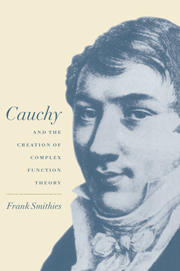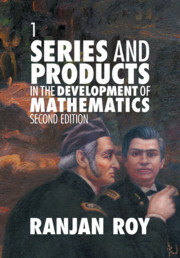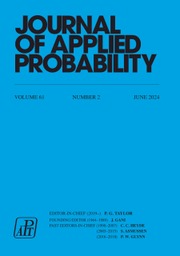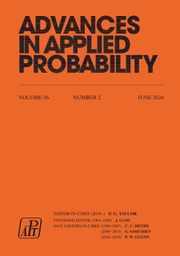Cauchy and the Creation of Complex Function Theory
In this book, Dr. Smithies analyzes the process through which Cauchy created the basic structure of complex analysis, describing first the eighteenth century background before proceeding to examine the stages of Cauchy's own work, culminating in the proof of the residue theorem and his work on expansions in power series. Smithies describes how Cauchy overcame difficulties including false starts and contradictions brought about by over-ambitious assumptions, as well as the improvements that came about as the subject developed in Cauchy's hands. Controversies associated with the birth of complex function theory are described in detail. Throughout, new light is thrown on Cauchy's thinking during this watershed period. This book is the first to make use of the whole spectrum of available original sources and will be recognized as the authoritative work on the creation of complex function theory.
- New analyses will change the perception of the chronology of Cauchy's achievements
- Controversies associated with subject's birth are fully explored; contributions of others are also examined
- First book to use whole spectrum of available original sources
Reviews & endorsements
"...this scholarly work is recommended for upper-division undergraduates through researchers and historians of mathematics." Choice
"This book is a welcome addition to the literature." Mathematical Reviews
Product details
July 2008Paperback
9780521068871
228 pages
230 × 150 × 15 mm
0.362kg
2 b/w illus.
Available
Table of Contents
- 1. Introduction
- 2. The background to Cauchy's work on complex function theory
- 3. Cauchy's 1814 memoir on definite integrals
- 4. Miscellaneous contributions (1815–1825)
- 5. The 1825 memoir and associated papers
- 6. The calculus of residues
- 7. The Lagrange series and the Turin memoirs
- 8. Summary and conclusions
- References.








